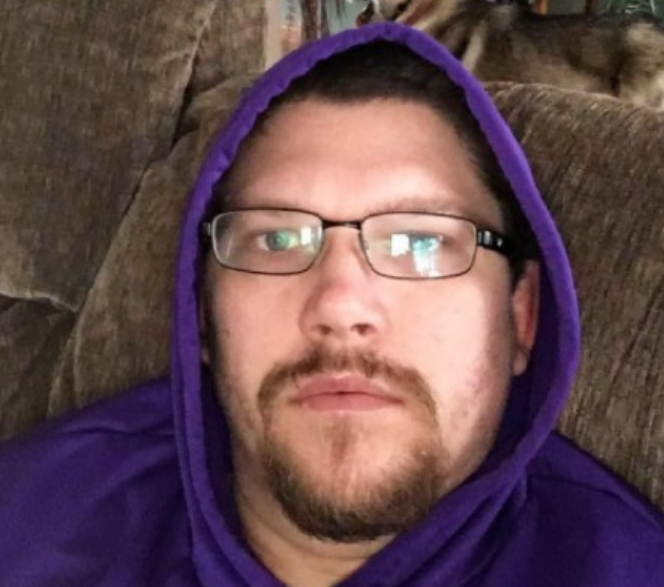MINNEAPOLIS — On Wednesday, the United States Department of Justice (DOJ) charged a Red Lake tribal citizen for the alleged killing of a Red Lake tribal police officer. David Brian Donnell, Jr., 28, was charged by the U.S. Attorney’s office in federal court with one count of second degree murder and four counts of assault with a dangerous weapon in connection to a shooting that resulted in the death of Red Lake Tribal Police Officer Ryan Bialke on Tuesday, July 27.

On Tuesday, Native News Online reported that Red Lake Nation Police Officer Ryan Bialke was shot and killed on Tuesday while on duty. The incident occurred at Donnell’s residence in Redby, Minn. on the Red Lake Indian Reservation. Officer Ryan Bialke was a six-year veteran of the Red Lake Police Department and leaves behind his wife and four children according to the Red Lake Tribal Police Department.
Want more Native News? Get the free daily newsletter today.
“Officer Ryan Bialke, 37, died of gunshot wounds after Officers responded to a call of a suicidal male with children possibly inside the residence,” said Director of Red Lake Department of Public Safety Michael Burns in a memo on July 27. “The suspect opened fire on Officers and Officer Bialke was struck. The suspect fled into the surrounding woods and Officer Bialke was transported to the Indian Health Service Hospital where he died.”
USDOJ officials said that prior to arriving on the scene, police had learned that Donnell had an active tribal warrant from police dispatch. Upon arrival, police reported that Donnell was outside of his residence and they tried to get him to comply, but he walked inside of his residence and refused to come outside. Officers continued to talk with Donnell through a window, attempting to get him to come outside, but he did not.
Because Donnell refused to comply and he had an active tribal warrant, officers decided to breach the door. Red Lake Tribal Police Officer Bialke kicked the front door to make a forced entry and was shot through the front door. The other four officers were also targeted in the gunfire, according to court documents. Shortly thereafter, officers arrested Donnell at a nearby residence without further incident.
While being taken into custody, authorities reported that Donnell said he was sorry. After receiving his Miranda rights, authorities said that he admitted to shooting at officers as they were trying to get through the front door with a 7.32x39mm rifle and that he knew he had a warrant for his arrest.
Donate today so Native News is free for all readers.
The Red Lake Reservation is in northwest Minnesota, about 160 miles from the Canadian border. It covers about 1,260 square miles and is home to about half of the tribe’s 14,000 members. The Red Lake Nation has full sovereignty over its reservation and is exempt from Public Law 280, subject only to the federal government. Felony crimes are investigated and prosecuted by the United States Department of Justice.
If convicted of second-degree murder, Donnell could be sentenced to imprisonment up to and including life, but not by the death penalty.
More Stories Like This
Native News Weekly (August 25, 2024): D.C. BriefsUS Presidents in Their Own Words Concerning American Indians
Native News Weekly (December 14, 2025): D.C. Briefs
Wounded Knee Massacre Site Protection Bill Passes Congress
Two Murdered on Colville Indian Reservation
Help us defend tribal sovereignty.
At Native News Online, our mission is rooted in telling the stories that strengthen sovereignty and uplift Indigenous voices — not just at year’s end, but every single day.
Because of your generosity last year, we were able to keep our reporters on the ground in tribal communities, at national gatherings and in the halls of Congress — covering the issues that matter most to Indian Country: sovereignty, culture, education, health and economic opportunity.
That support sustained us through a tough year in 2025. Now, as we look to the year ahead, we need your help right now to ensure warrior journalism remains strong — reporting that defends tribal sovereignty, amplifies Native truth, and holds power accountable.
 The stakes couldn't be higher. Your support keeps Native voices heard, Native stories told and Native sovereignty defended.
The stakes couldn't be higher. Your support keeps Native voices heard, Native stories told and Native sovereignty defended.
Stand with Warrior Journalism today.
Levi Rickert (Potawatomi), Editor & Publisher
